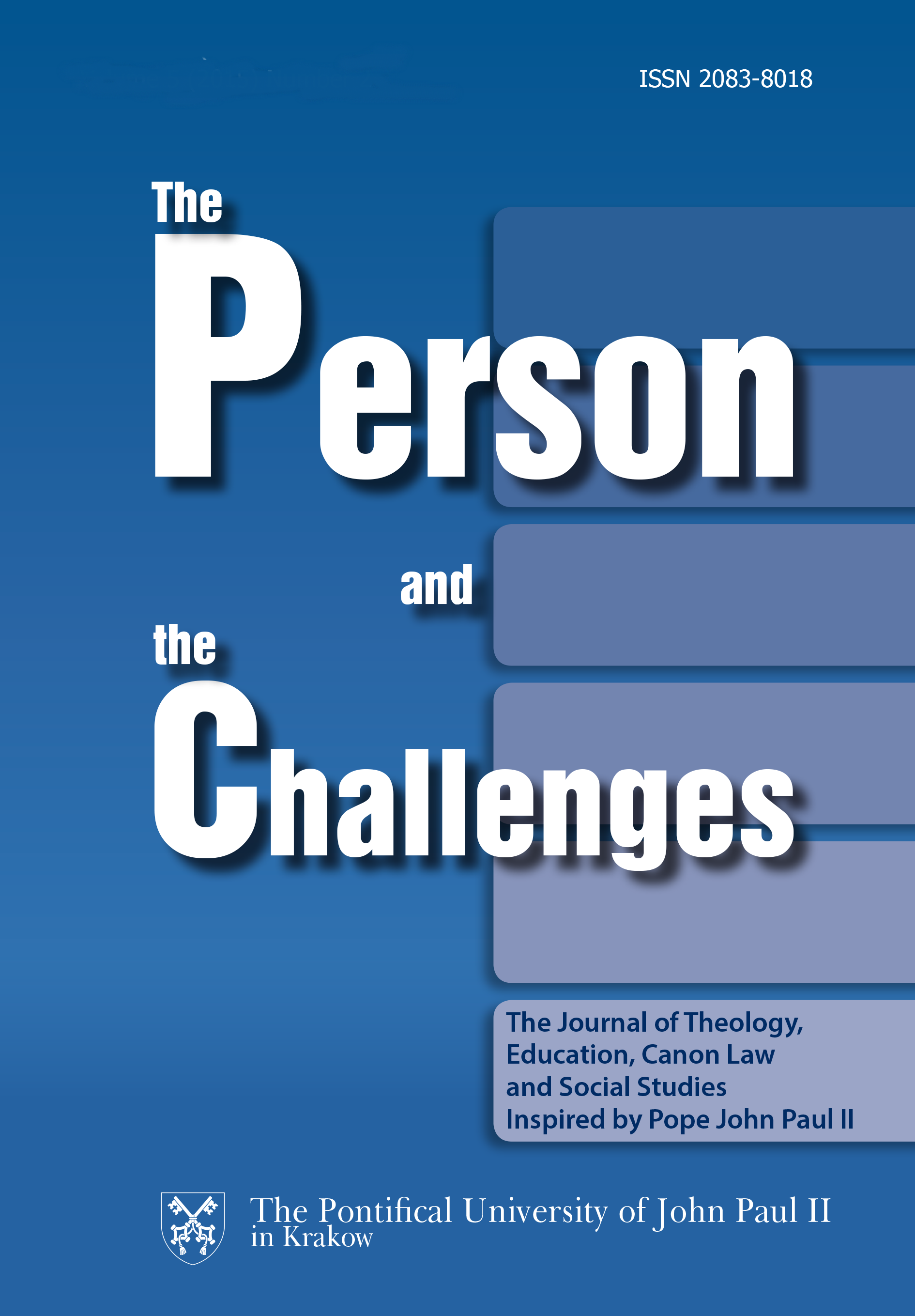Anthropology of the evangelical counsels in the school of St. Benedict of Nursia
Anthropology of the evangelical counsels in the school of St. Benedict of Nursia
Author(s): Jerzy TupikowskiSubject(s): Pastoral Theology
Published by: Wydawnictwo Naukowe Uniwersytetu Papieskiego Jana Pawła II w Krakowie
Keywords: St. Benedict; person; freedom; consecration; chastity; poverty; obedience;holiness;
Summary/Abstract: Man is someone real and as such he is immersed in a world that is a task set to him as a person. Therefore, the whole world, as entirely coming from God, and entirely assigned to Him, is constantly bursting with its natural truth and good and, consequently, also beauty. This is an important perspective, both in the order of nature and in the order of grace, also because the synthesis and fulfilment of all values (perfections), which is personal fullness – holiness, is the ultimate reference of the human person to the Person of God. However, this perspective becomes comprehensible only in the field of the realism of the human person’s truth, goodness and beauty, related to their perfect Source, and therefore to the Truth, Goodness and Beauty of the Person of God Himself.In this sense, it can be said that God is the End of all perfections. Holiness itself is thus a specific peak of the elevation of human potentialities to a higher level of being. „Holiness, through the elevation of truth, goodness and beauty to the supernatural level, can fulfil the potential of human nature – reason and will, to their limits; and this fulfilment, in Christian thought, can only take place in visio beatifica, to which this life here and now is supposed to prepare us”. Let us add that the understanding and implementation of evangelical counsels: chastity, poverty and obedience, serve this growth in a particular way. The counsels are the evangelical factor stimulating and strengthening the work of the intellect and free will.
- Issue Year: 8/2018
- Issue No: 2
- Page Range: 205-219
- Page Count: 15
- Language: English

